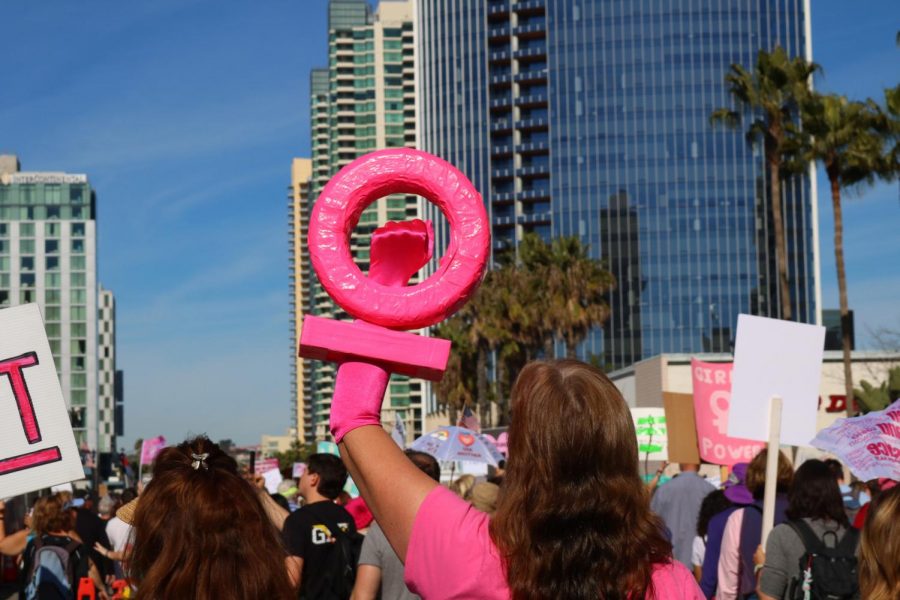Women and feminist activists have made tremendous progress over the last several decades. The workplace, the home and the many other spaces surrounding issues of femininity have been transformed as society has become increasingly more egalitarian.
So much so that many argue there is no longer a need for a feminist movement.
But to say that complete equality between men and women has been achieved is ignorant to the injustices against women that occur every day in the nation and around the world.
While we can certainly acknowledge the feats of preceding feminist movements, we cannot overlook the progress yet to be made.
There are many facets of American society in which women are still in a position of inferiority.
School was historically a place meant only for men, but today there are more women enrolled in college than men. Nevertheless, despite accounting for 57% of undergraduate degrees and 59% of master’s degrees, women still lag behind in the workforce.
The wage gap remains prevalent with women making merely 85 cents for every dollar a man makes in 2018. And, women are not often found in positions of authority or leadership. Men make up the majority of Congress and Fortune 500 CEO’s, and the trend follows for most other industries. Study after study shows how women are treated differently than men by their employers, coworkers and clients.
Likewise, the media reinforces harmful gender stereotypes and constructs unrealistic standards for women to be held to. It continues to lack diversity and it portrays women as one-dimensional caricatures.
Body image issues are something all too familiar for most women, and the mainstream media perpetuates the image of the perfect body feeding into the insecurities of women of all ages. The emphasis on Eurocentric beauty standards and the glorification of the nuclear family amplifies these insecurities for women of color.
One the most contentious feminist issues is over reproductive health care. The Supreme Court has affirmed a woman’s right to contraception and abortion decades ago. That said, the movement aiming to prohibit women from autonomy over their own bodies remains robust. Women endure geographical and financial barriers that prevent them from exercising their rights, while additionally facing an onslaught of legislative bills limiting abortion services.
Perhaps the foremost drive of today’s feminist movement is sexual assault and harassment. Sexual assault and harassment remain all too common place, especially on college campuses. While these offenses have been happening for a long time, it was the #MeToo Movement that thrusted this matter into the spotlight.
By alleviating the shame that so often accompanies discussing sexual traumas, the #MeToo Movement opened up a dialogue for women everywhere to share the stories. Now, the demand for proper resources and procedures for cases of sexual assault is stronger than ever. Women seek to change social norms and create safe environments, particularly in the workplace.
These are just the major issues for the feminist movement of today and there are still many other matters that must be addressed. Women have the power and resources today to bring about a successful feminist movement and change society for the better.
To make the world a place of justice, freedom and humanity, we need feminism. Our work here is far from over.
Catherine Van Weele is a sophomore studying political science. Follow her on Twitter @catievanweele.








